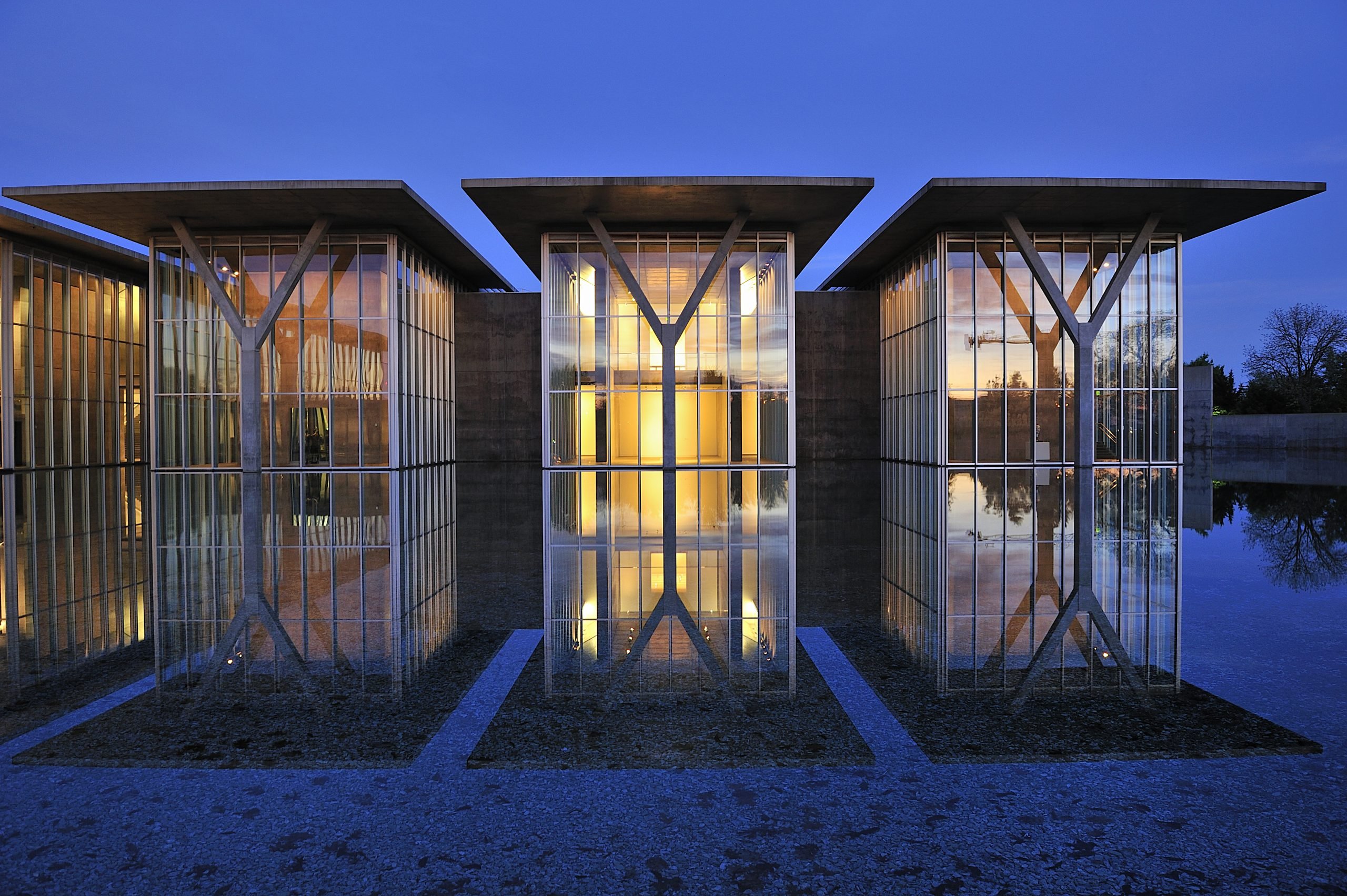
An exhibition at the Modern Art Museum in Fort Worth has come in for unwanted attention for artworks by photographer Sally Mann that show her children, who were minors at the time, in the nude. A Texas online publication, the Dallas Express, reports that “a warrant has been issued and executed regarding child pornography images at the Modern Art Museum of Fort Worth. The images have been secured as potential evidence and will not be visible to the public while the investigation is pending.”
It is unclear when the seizure took place. The artist did not immediately respond to a request for comment. A public information officer with the Fort Worth Police Department also did not immediately answer an emailed request for details.
“An inquiry has been made concerning four artworks in the temporary exhibition ‘Diaries of Home,’” said a museum spokesperson in an email. “These have been widely published and exhibited for more than 30 years in leading cultural institutions across the country and around the world.”
“Diaries of Home” remains the top exhibition on the museum’s website and is on view through February 2. It includes 12 other artists, among them LaToya Ruby Frazier, Nan Goldin, Deana Lawson, Catherine Opie, and Carrie Mae Weems.
The Dallas Express has aggressively covered the controversy, going so far as to publish an article asking whether prominent corporate supporters are funding child pornography.
According to reporting by Glasstire, the Express is owned by Metric Media News, which the Columbia Journalism Review reports has ties to the Tea Party movement.
A 2021 D Magazine article names Monty Bennett, a wealthy Trump supporter, as the owner of the Express, and points to a New York Times article naming him as a participant in pay-to-play news coverage furthering his own positions.
Glasstire sleuthed out a checklist for the show, and found that the Mann photographs included Popsicle Drips (1985), The Perfect Tomato (1990), The Wet Bed (1987), Another Cracker, and Cereus; the latter two were taken between 1985 and 1994, according to the site. The photos were on view courtesy of Gagosian Gallery. A spokesperson for the gallery declined to comment.
In a phone conversation, Dallas attorney Thomas S. Leatherbury weighed in, saying that the closest precedent for the dustup might be then-New York mayor Rudy Giuliani’s crusade against the Brooklyn Museum over the 1999–2000 “Sensation” exhibition, which included an image of the Virgin Mary by British artist Chris Ofili that incorporated collaged elements from pornographic magazines as well as elephant dung. Giuliani withdrew city funding; he lost that fight when a judge ordered him to restore it.
Leatherbury said the police’s actions fall on the wrong side of the law.
“Essentially, in my view, the people who are complaining don’t understand the test for child pornography or obscenity that was established in Miller v. California,” said Leatherbury, “because that tells you to take into account national standards, not just community standards, and whether the work has serious artistic, literary, or social value. I think they’re disregarding that prong of the Miller test at least.”
Peter Steffensen, a law fellow and adjunct clinical professor of law at the First Amendment Clinic at the Dedman School of Law at Southern Methodist University in Dallas, also argued in the same call that Fort Worth officials are in the wrong. To run afoul of the law, he said, “the work has to depict ‘sexual conduct’ ‘in a patently offensive way.’ That’s another reason to question the motivation behind removing the artworks. Public officials would have had to look at these images and decide they are depicting patently offensive content. These standards are supposed to protect against the very actions that Fort Worth officials have taken.”
Julie Trébault, executive director of Artists at Risk Connection, commented via email:
“The execution of a warrant targeting Sally Mann’s work and the possibility of criminal proceedings involving the Modern Art Museum of Fort Worth constitute an alarming escalation in the use of legal mechanisms to censor art. These actions will have an immediate impact on the artist and the museum and are likely to create a detrimental chilling effect on cultural institutions nationwide… If museums and cultural workers are forced to second-guess exhibiting bold or provocative art for fear of legal repercussions, we risk a heightened state of self-censorship and the undermining of art’s very essence: to challenge, provoke, and inspire.
“This case and the intense targeting of the museum must not be viewed in isolation but rather as part of concerted efforts in the U.S. and around the world to suppress works addressing LGBTQIA+ themes, gender, nudity, and other topics labeled as sensitive or controversial,” said Trébault. “The ongoing assault on cultural spaces highlights a growing intolerance for boundary-pushing ideas in public discourse.”